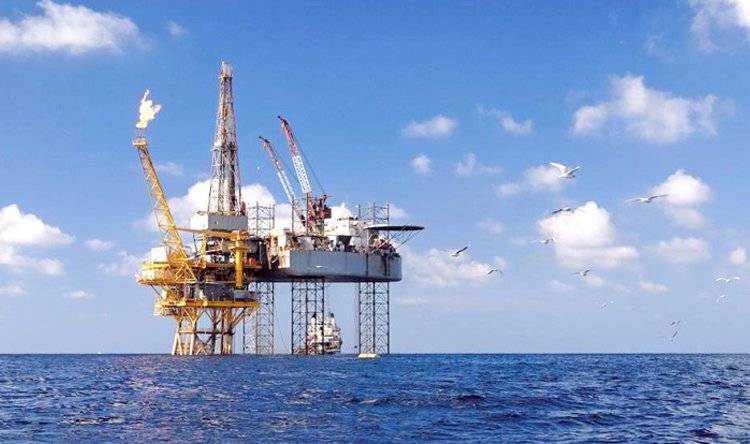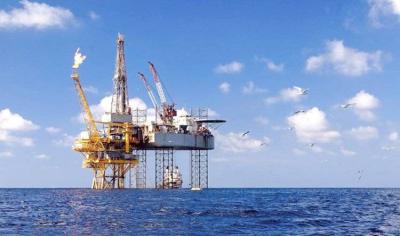As Lebanese citizens, we have the right to rejoice at the first glimpses of potential oil extraction from our country in the future, especially after being inundated with much talk in the past about the absence of oil wealth in Lebanon. To that extent, it is excellent news. However, the excitement we harbor has become a matter of minimal interest for nearly all other countries and peoples in the region. Oil and gas have become nothing more than an ordinary commodity for citizens of oil-rich nations, contributing to their countries' wealth. These nations are preparing for the post-oil and post-gas era, aiming to reduce the world's reliance on them in favor of cleaner energy, especially in the aftermath of the Russian war in Ukraine.
Nevertheless, we must not disregard that all oil-producing nations in the region enjoy a role, whether it was granted, imposed, or acquired under specific circumstances. This role significantly contributes to their strength, growth, and prosperity, and is not solely based on their oil wealth. Lebanon attempted to secure a place among countries with influential roles in the world years ago when ideas of being a "country of dialogue between civilizations and cultures" were thriving. Instead of succeeding, we have descended into an unprecedented state of collapse and siege, which we are still enduring today.
This happened years ago, prior to the recent maritime border agreement, which would allow Lebanese people to seize a strategic commodity within their country. Thus, Lebanon must find and agree upon its role and market it abroad, to avoid becoming merely a "gas station" in the region. Investments may be available to exploit its oil one day but may decline the next, or conditions may worsen to the extent that its oil blocks become archaeological sites for very long periods. This scenario implies sealing this "gas station" with a wax seal until it can provide oil again.
In such a case, there would be little meaning left for oil, gas, or the maritime border delineation. A knowledgeable source in Lebanese affairs emphasized that Lebanon's persistent issue has always been its small geographical size and the lack of an effective role it can successfully play and maintain. In a conversation with "Akhbar Al-Yawm," the source stated that the promises made to us regarding oil wealth will not come for free and will not be swift. Although the maritime border agreement has been concluded, oil extraction requires time and the fulfillment of many other conditions. Additionally, it requires a clean authority that does not embezzle the oil wealth through prior dealings while it remains in the sea.
The source stressed that the fundamental and immediate importance of the maritime border agreement is that it spared us from war with Israel. However, this does not permit us to become complacent or to claim that all our problems have been resolved, especially since we still face numerous challenges. In conclusion, a role for Lebanon must be established in this region after the maritime agreement, but who will do that? Who can enable us to benefit from any shift in U.S. or international policy as long as we remain a state unable to agree on appointing a “guard”?




